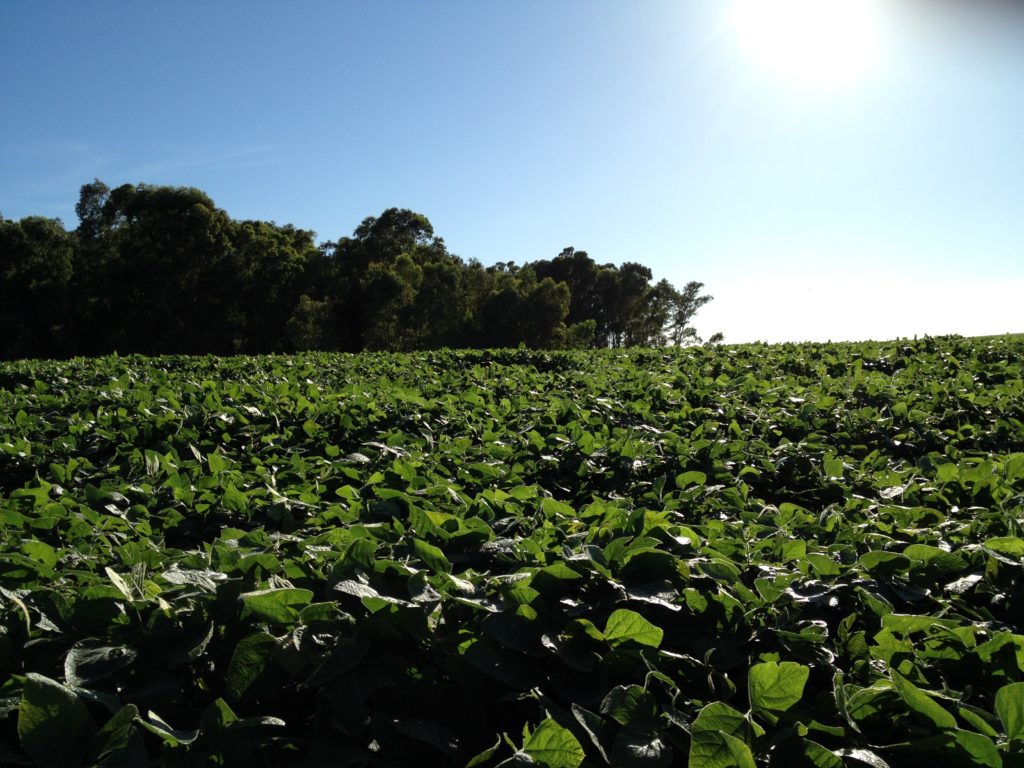While discussions on Argentina’s debt with IMF and bond holders (creditors) are ongoing, Argentina is having difficulty raising cash with which to pay the lenders. Now, the government is set to deliver another duty blow as it taps the nation’s growing agriculture industry to try and deal with budget woes. Many of Argentina’s farmers are still reeling from a tax increase on crop exports that hit them late last year.

President Alberto Fernández plans to raise export levies on soybeans as it seeks to bridge its fiscal deficit. The taxes will rise to 33% from the current rate of 30% (a 3% points increase is expected to generate USD 500 million incomes more for the state). Although the timing of the announcement is still unclear, this move would mark the second increase in agricultural taxes since President Fernández took over just over two months ago. The policy reverses the bias favourable to the farmers of Macri’s administration. Likely other commodities like corn or wheat may see their existing exports duties increased in the coming months. When Mrs Kirchner ended presidency in 2015, soy exports were subject to duties of up to 35%, with 20% corn and 23% on wheat. To be continued …
